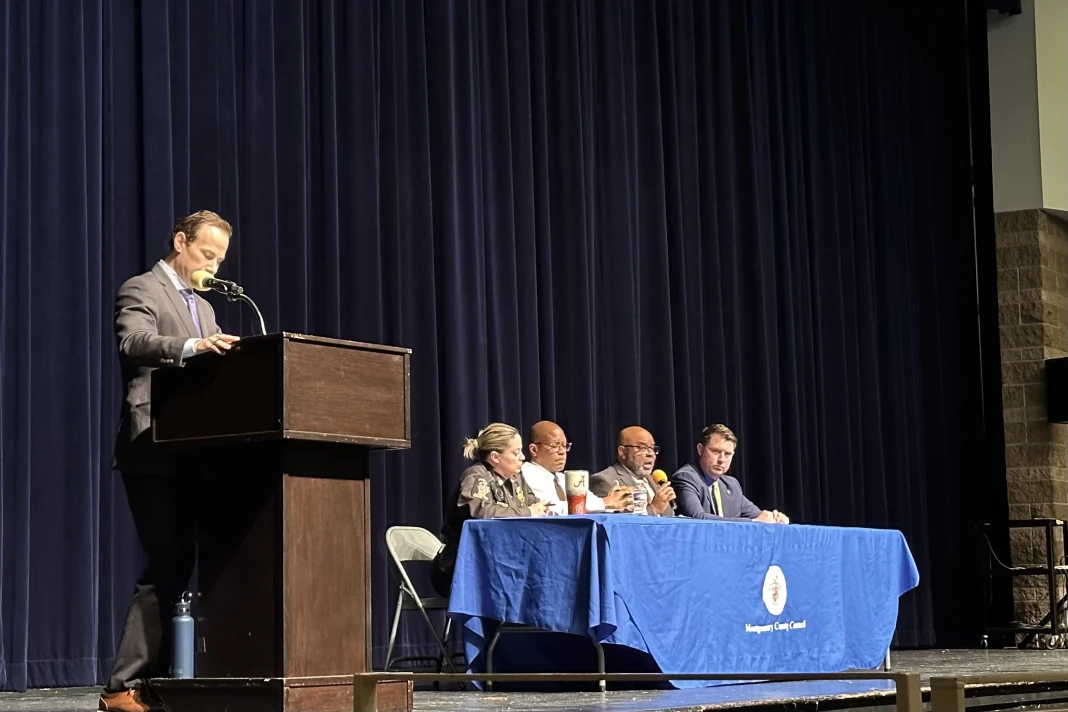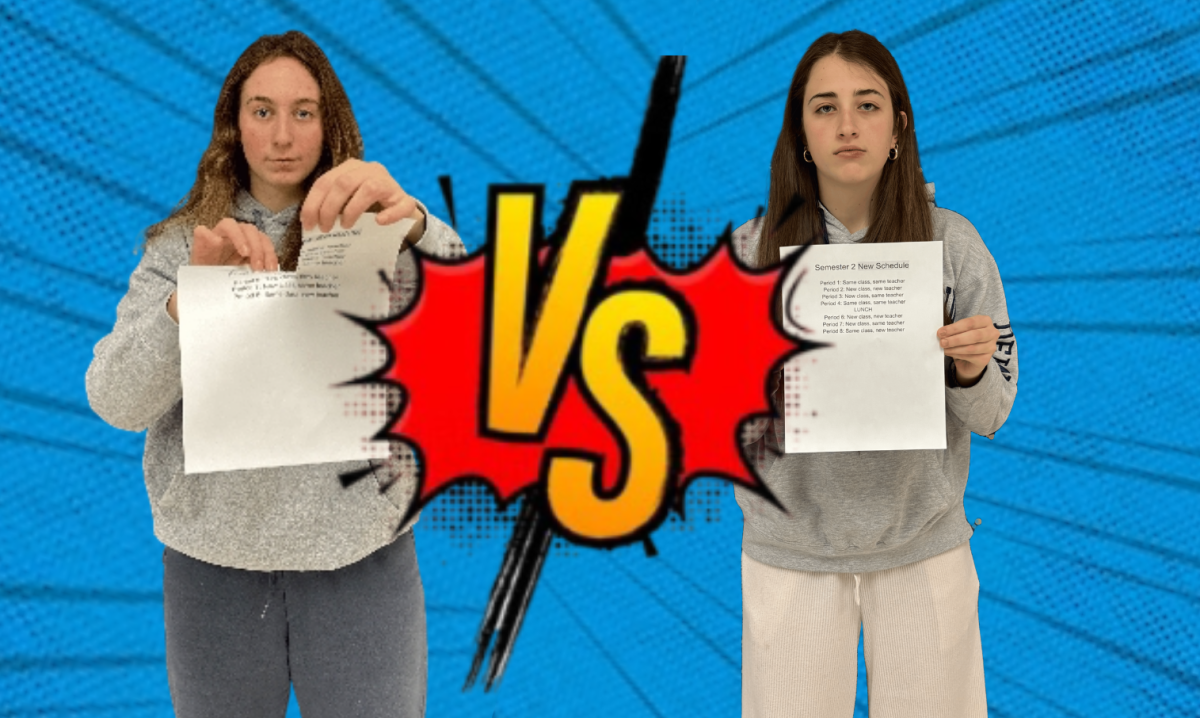MCPS may be considered one of the best school systems in the country, and CHS one of the top 100 high schools, but right next door the D.C. public school system is considered one of the worst. If House of Representatives speaker John Boehner’s bill to revive D.C.’s Opportunity Scholarship Program is passed by the Senate, then money will be taken away from the D.C. schools that need it the most and instead given to private schools. The Opportunity Scholarship Program serves as nothing more than a temporary solution to the deep-rooted problems with the D.C. school system.
The bill authorizes an extra $60 million per year to be spent on D.C. schools for the next five years. Two-thirds of the money would go toward improving public and charter schools, while the rest of the money would be reserved for scholarships that lower-income students could use to attend private schools, known as school vouchers. The Opportunity Scholarship Program was initiated in 2004 but expired in 2009 because of a lack of support.
Although it has the potential to improve the education of some students, the program would do nothing to fix the bigger problem, the fact that less than half of D.C. public school students are proficient in math and reading.
According to a March 22 Washington Post article, most low-income students would be eligible for vouchers. The students who would be most likely to accept them, however, would be the ones whose families are most involved in the schools. Since parental involvement generally correlates with high academic performance, vouchers would take the best students out of the worst schools. The other students—the ones left behind—would be even worse off than they were before.
According to the same article, new applicants to the Opportunity Scholarship Program would be eligible to receive up to $8,000 a year for elementary school and up to $12,000 a year for high school.
However, statistics from the Center for Education Reform show that in 2009, the average private school cost $8,549 a year while the average Catholic school cost $6,018.
It would not be surprising if students who received vouchers used their scholarships to pay for education at less-expensive religious schools, such as Catholic schools, where their parents would not need to contribute as much extra tuition money.
According to a 2007-2008 study conducted by the Council for American Private Education, only 19.4 percent of private schools in the US are non-secular, so students might not even have the option of using their vouchers to attend nonreligious private schools.
According to a March 15 Washington Post article, Boehner hopes the program will allow D.C. students to follow the same Catholic-school education path that he did. Boehner admits that that vouchers would primarily be used for students to attend religious schools.
If this were the case, then the government would be giving indirect financial support to religious schools. Since the Constitution implies that there is a separation between church and state in the US and government-funded scholarships to religious schools violate that separation, one can raise the question of whether the Opportunity Scholarship Program is constitutional.
The fact that school vouchers allow for taxpayer money to be used to support private schools further calls into question the constitutionality of the Opportunity Scholarship Program. It seems that vouchers sacrifice many students’ futures, not to mention their parents’ money, to improve the education of a select few.
So here’s an alternative: instead of giving students scholarships so they can get a better education than the D.C. public schools provide them, why not use that scholarship money to improve the public schools so students won’t need to look elsewhere for their schooling. This can be accomplished by approaching each individual school or even each individual grade level at each individual school—whatever it takes. The government needs to stop wasting time and money adding to a problem when it could instead use that same amount of time and money to solve the problem.







